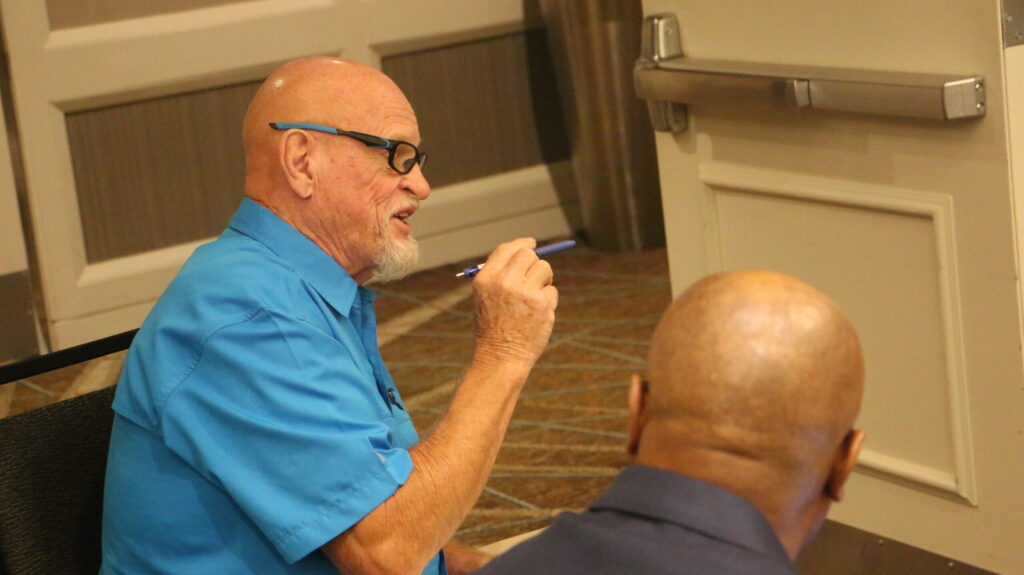
Did you know New Year’s Resolutions go all the way back to ancient times? Since the Babylonians, people have been making – and, inevitably, breaking – New Year’s resolutions.
In 2000 B.C., the Babylonians celebrated the New Year during a 12-day festival called Akitu. Since it was an agriculturally based society, one of the most common resolutions was the vow to return borrowed farm equipment.
The ancient Romans adopted the Babylonian New Year as well as the tradition of resolutions. The timing, however, eventually shifted with the Julian calendar in 46 B.C., which declared January 1st as the start of the new year.
In fact, January is named after the Roman god, Janus. With his two faces, Janus simultaneously peers forward to new beginnings and backward for reflection and resolution. The Romans would offer sacrifices to Janus and make promises of good behavior for the year ahead.
More People Succeed at New Year’s Resolutions Than You Think
Today, even without making sacrifices to two-faced deities, more people succeed at New Year’s resolutions than you’d think. 68% of people who make New Year’s resolutions succeed. You can do it!
What’s the secret to succeeding at New Year’s resolutions? It’s a combination of factors:
- Frame your resolution positively!
For example, instead of saying, “I want to stop smoking” say “I want to breathe and feel better.” Each day, as you sit down at the breakfast table, long a long, deep breath in and appreciate how much better you feel and the progress you’re making.
- Pick a goal that is truly for YOU.
Research has proven that if you’re not truly motivated at a task, achieving it becomes that much harder. On the other hand, how you frame your resolution can make a difference. “I’m quitting smoking for my kids” might not be enough. “I’m quitting smoking so I might be around to see my grandkids get married someday” might incentivize you more.
- Make mistakes cost you.
Then again, another way to incentivize yourself is by imposing penalties. For example, let’s say your goal is to stop using your phone at dinner. If you take it out and use it, then you need to give a family member at the table a dollar.
- Know your history.
One of the best ways to keep your New Year’s resolution is to avoid making the same resolutions – and the same mistakes – that you’ve made in the past. If you choose to set the same goals that you’ve tried in recent years, your confidence might be shaken. Take time to evaluate what you set to achieve in the past, what went wrong, and what strategies will enable you to make progress. With the right approach, you are likely to achieve your goals.
- Don’t mistake a mistake to be a failure.
It’s the second you admit failure and throw in the towel that you fail, and not a second before. It doesn’t matter if you caved and smoked one cigarette. The only way to get back on track is to start over. Never make a big deal about a mistake. Remember: there’s a big difference between a slip and failing.
Whether we’re resolving to return borrowed farm equipment or drop a few pounds, we’re tapping into an ancient and powerful longing for a new beginning. But even if you do have trouble maintaining your New Year’s resolutions, you won’t have any issues getting a Whole Life policy. NCRGEA and AMBA have a Whole Life policy that guarantees acceptance. Not only that, you’ll never be dropped for any reason as long as premiums are paid. This plan even features a no-obligation 60-day return policy. You can now purchase your Whole Life Insurance Policy from NCRGEA and AMBA online. Learn more at www.AMBAlifeinsurance.com/NCRGEA or call 800-956-1228.


